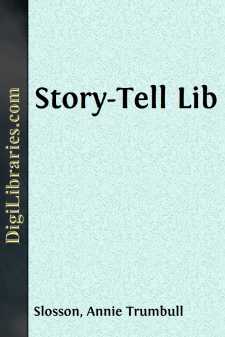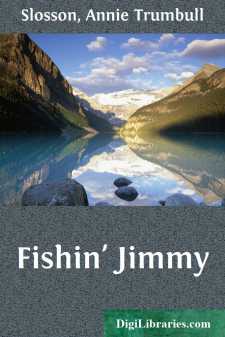Categories
- Antiques & Collectibles 13
- Architecture 36
- Art 48
- Bibles 22
- Biography & Autobiography 813
- Body, Mind & Spirit 142
- Business & Economics 28
- Children's Books 15
- Children's Fiction 12
- Computers 4
- Cooking 94
- Crafts & Hobbies 4
- Drama 346
- Education 46
- Family & Relationships 57
- Fiction 11828
- Games 19
- Gardening 17
- Health & Fitness 34
- History 1377
- House & Home 1
- Humor 147
- Juvenile Fiction 1873
- Juvenile Nonfiction 202
- Language Arts & Disciplines 88
- Law 16
- Literary Collections 686
- Literary Criticism 179
- Mathematics 13
- Medical 41
- Music 40
- Nature 179
- Non-Classifiable 1768
- Performing Arts 7
- Periodicals 1453
- Philosophy 64
- Photography 2
- Poetry 896
- Political Science 203
- Psychology 42
- Reference 154
- Religion 513
- Science 126
- Self-Help 84
- Social Science 81
- Sports & Recreation 34
- Study Aids 3
- Technology & Engineering 59
- Transportation 23
- Travel 463
- True Crime 29
Story-Tell Lib
Categories:
Description:
Excerpt
Story-Tell Lib
That was what everybody in the little mountain village called her. Her real name, as she often told me, ringing out each syllable proudly in her shrill sweet voice, was Elizabeth Rowena Marietta York. A stately name, indeed, for the little crippled, stunted, helpless creature, and I myself could never think of her by any name but the one the village people used, Story-tell Lib. I had heard of her for two or three summers in my visits to Greenhills. The village folk had talked to me of the little lame girl who told such pretty stories out of her own head, “kind o’ fables that learnt folks things, and helped ’em without bein’ too preachy.” But I had no definite idea of what the child was till I saw and heard her myself. She was about thirteen years of age, but very small and fragile. She was lame, and could walk only with the aid of a crutch. Indeed, she could but hobble painfully, a few steps at a time, with that assistance. Her little white face was not an attractive one, her features being sharp and pinched, and her eyes faded, dull, and almost expressionless. Only the full, prominent, rounding brow spoke of a mind out of the common. She was an orphan, and lived with her aunt, Miss Jane York, in an old-fashioned farmhouse on the upper road.
Miss Jane was a good woman. She kept the child neatly clothed and comfortably fed, but I do not think she lavished many caresses or loving words on little Lib, it was not her way, and the girl led a lonesome, quiet, unchildlike life. Aunt Jane tried to teach her to read and write, but, whether from the teacher’s inability to impart knowledge, or from some strange lack in the child’s odd brain, Lib never learned the lesson. She could not read a word, she did not even know her alphabet. I cannot explain to myself or to you the one gift which gave her her homely village name. She told stories. I listened to many of them, and I took down from her lips several of these. They are, as you will see if you read them, “kind o’ fables,” as the country folk said. They were all simple little tales in the dialect of the hill country in which she lived. But each held some lesson, suggested some truth, which, strangely enough, the child herself did not seem to see; at least, she never admitted that she saw or intended any hidden meaning.
I often questioned her as to this after we became friends. After listening to some tale in which I could discern just the lovely truth which would best help some troubled soul in her audience, I have questioned her as to its meaning. I can see now, in memory, the short-sighted, expressionless eyes of faded blue which met mine as she said, “Don’t mean anything,—it don’t. It’s jest a story. Stories don’t have to mean things; they’re stories, and I tells ’em.” That was all she would say, and the mystery remained. What did it mean? Whence came that strange power of giving to the people who came to her something to help and cheer, both help and cheer hidden in a simple little story?...



